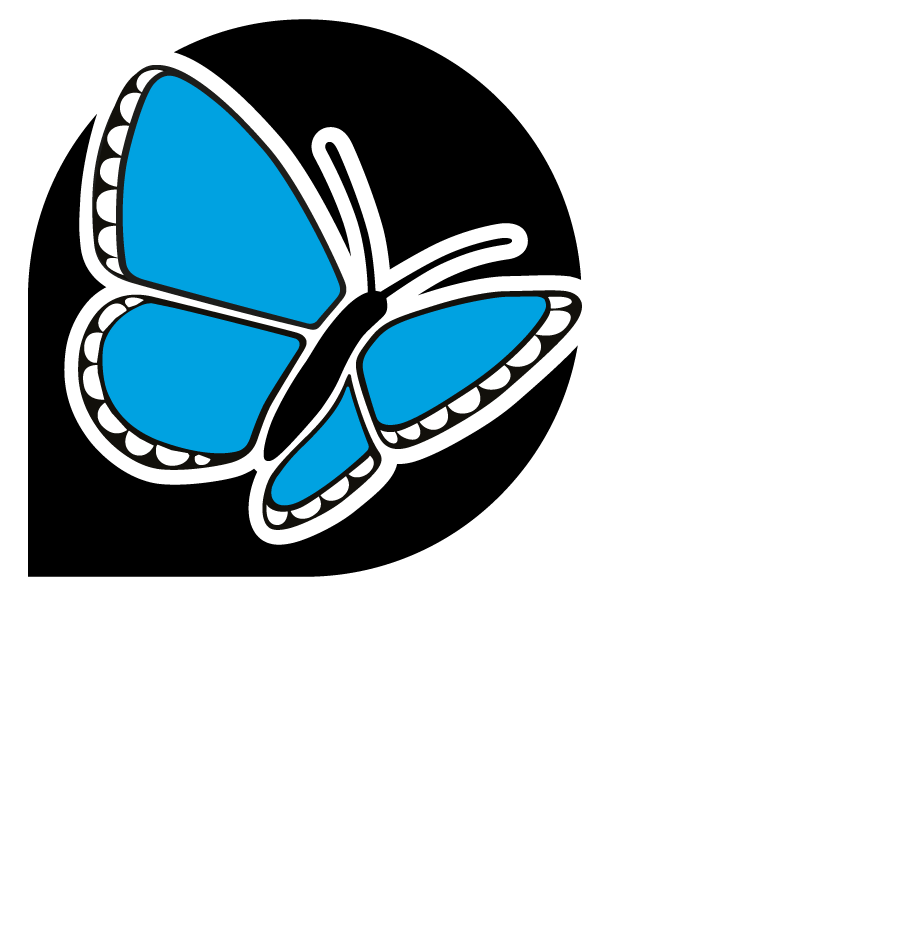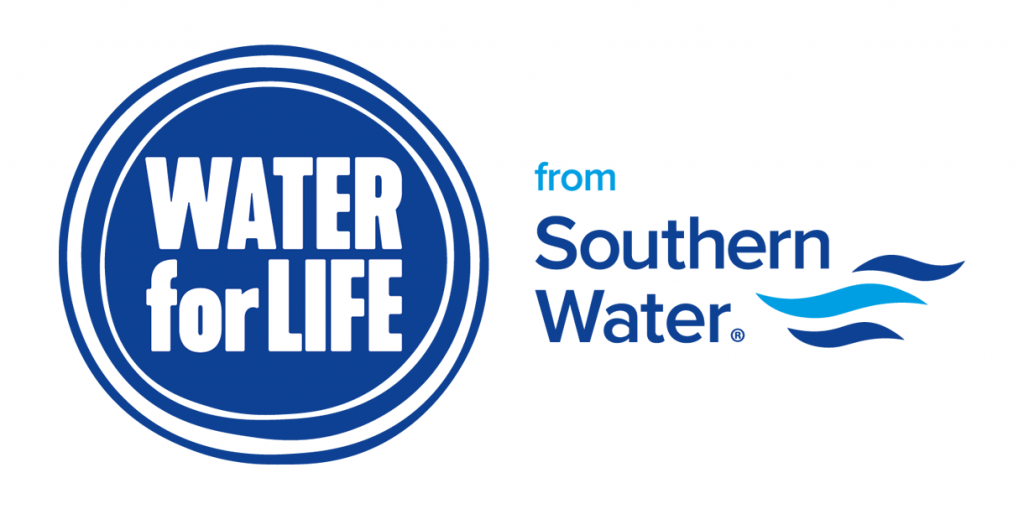Water Quality Monitoring of the River Beult
About the Project
The River Beult is a main tributary of the River Medway, where Southern Water abstract to supply drinking water to homes and businesses across Kent. Before it is suitable for drinking, pollutants detected in the river water such as pesticides and other agricultural chemicals need to be removed to meet stringent water quality standards.
Certain individual pesticides, such as metaldehyde (found in some slug pellets) are particularly difficult to remove from water due to their chemical structure. Also, the combined total of all pesticides can add significant pressure to treatment processes. Common herbicides, namely propyzamide and flufenacet, used by farmers to control blackgrass and other problem weeds, are sometimes found in high concentrations in the upper reaches of the Beult (see figure 1 further down page). Because these herbicides are typically applied in autumn, when the ground is wet and we often see heavy rain, they are prone to run-off and loss through field drains (see figure 2 further down page).
Project Aims
- Establish a monitoring system across the River Beult catchment, identifying key pesticides of concern
- Communicate the results of regular sampling to farmers, agronomists and other relevant organisations working to enhance the wider environment of the River Beult
- Use the monitoring to inspire change in land management and to improve water quality in the River Beult
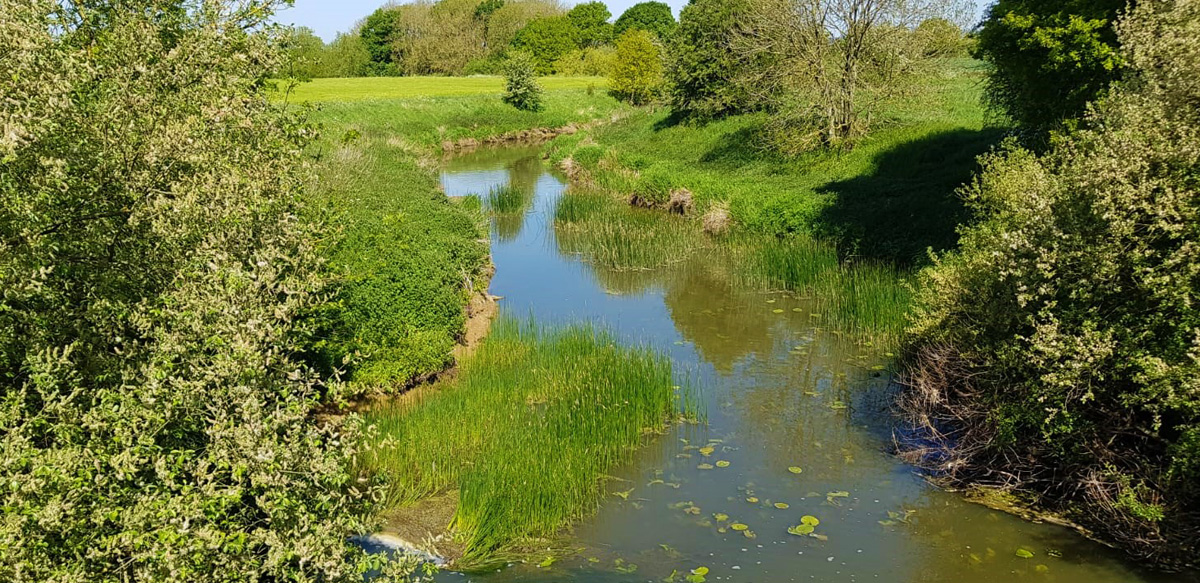
Method
Sampling is taking place at accessible locations along the River Beult, indicated by the black triangles in Fig.1 (further down the page). The samples are collected monthly by a member of the Southern Water team and are analysed at a laboratory. The levels of different pesticides from each sampling point are fed back to Southern Water’s Catchment Team and this information is passed on to farmers and agronomists via the Upper Beult Farmer Cluster.
Results
This is an ongoing piece of work, but so far the results show regular levels of metaldehyde, propyzamide and carbetamide occurring at all sampling points above the drinking water standard.
The sampling suggests this occurs in line with high rainfall events and during the key seasons for the use of these pesticides (typically autumn and winter).
Outcomes
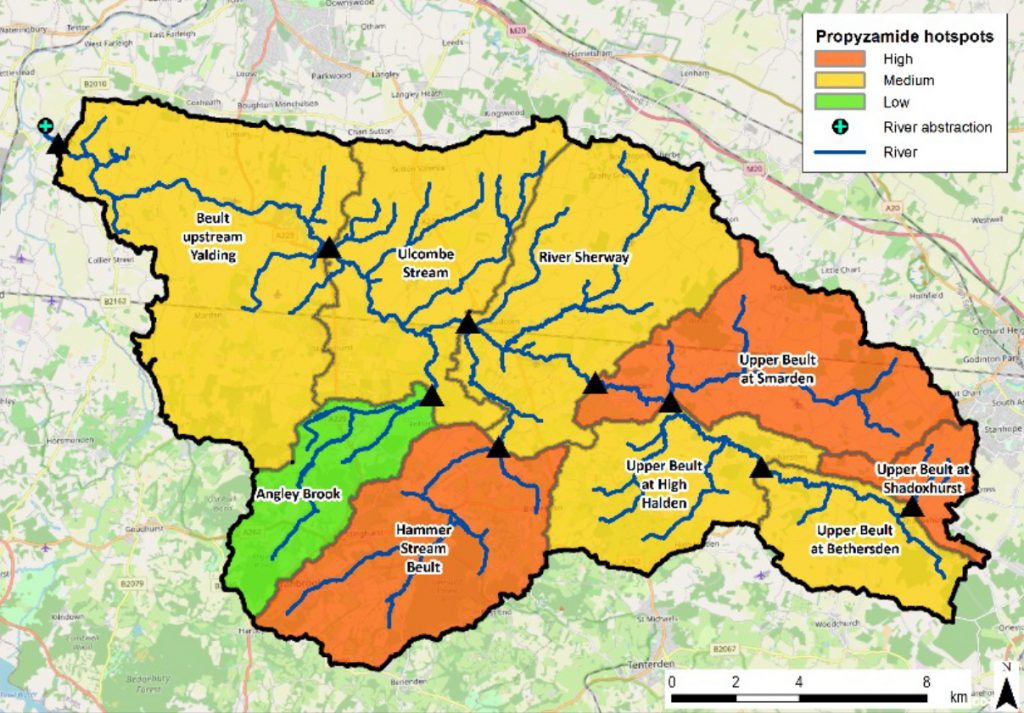
Figure 1 – Propyzamide risk across sub-catchments of the River Beult.
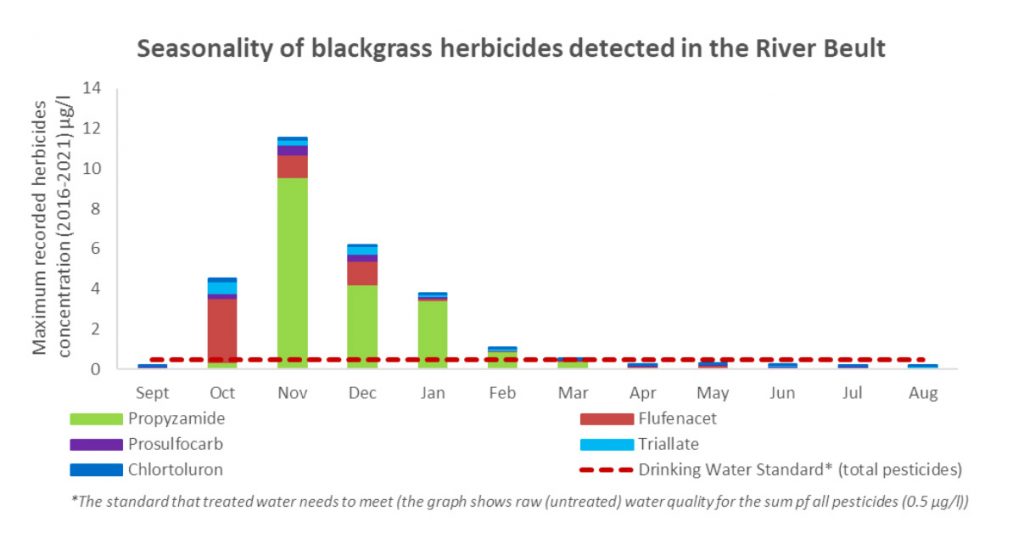
Figure 2 – Timing of Blackgrass herbicide detections in the River Beult.
Southern Water is working closely with the Upper Beult Farmer Cluster to try and encourage sustainable pesticide use to reduce these chemicals entering the river.
They are supporting on-farm trials to help farms explore novel ways to reduce their pesticide use and are offering capital grants for farms to upgrade their equipment such as improving sprayer handling facilities.
Southern Water is also looking at direct payments to farms to encourage enhanced management practices which reduce the risk of pesticides leaving the field.

With this positive collaboration between Southern Water and the Upper Beult Farmer Cluster, it is hoped that in the long term this may reduce the need for treatment and improve the natural environment including habitats for Kent’s native species and lay the groundwork for rewilding projects whilst still representing good value for money for Southern Water’s customers.
For more information on Southern Water’s catchment work in the River Beult, contact catchmentschemes@southernwater.co.uk.


